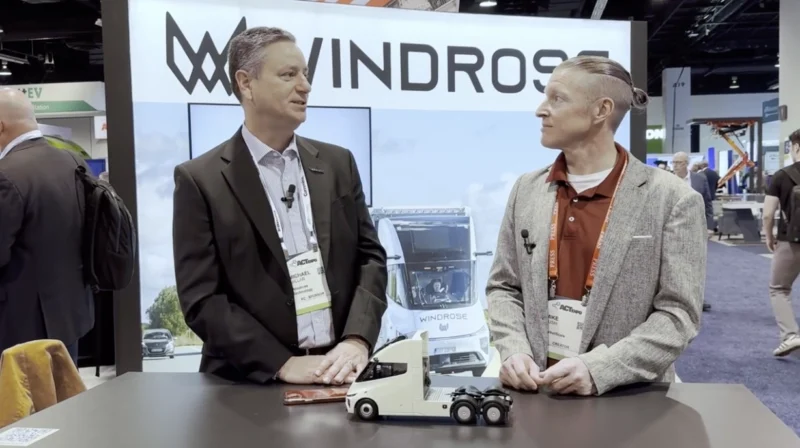Is the Automotive Industry Facing a Simlilar Crisis to 2008?
Key Points:
- Automotive companies are trying to keep production flowing by building inventory with everything but missing chip components.
- If the chip shortage were to continue for a longer period of time, more companies could shutdown.
- Automotive companies should be cautious and continue to produce while they weather the supply shortage.
Commentary:
The automotive industry is continuing to face a serious issue in its chip shortage. According to consulting firm AlixPartner, the chip shortage is estimated to cost the entire automotive industry 210 billion dollars in revenue this year. This isn’t the first time the industry has faced an existential crisis, though. Most recently, over a decade ago in 2008, many American car makers struggled to stay afloat during the recession, prompting massive federal bailouts. MarketScale asked Ben Stewart, VP of Product Strategy for Plex Systems, about some of the similarities and differences between the two 2008 and 2021 financial crunches on automotive OEMS, as well as how said companies can weather the current storm.
Abridged Thoughts:
There are definitely some similarities between the 2008 recession and the COVID situation that we’re in today, in 2021 and in 2020. But there are some key differences, too.
In 2008, what the automotive industry experienced was low revenue and sales were down and because of the recession companies weren’t selling much. To survive they had to basically cut expenses, they had to rely on cash and their existing credit. They were really trying to sell down inventory for some income and really cut inventory very thin.
One of a couple of the other things they did, though, was with they pushed on flexible manufacturing so that they could, with limited resources, make just the products that they needed to. That was both with capital equipment and with people trying to do more as they had to have layoffs and reduced people to cut costs. They had to try to still create output with fewer people, and they also had to de-risk their supply base. So they had suppliers, automotive suppliers that were going out of business, and then they were having to find new sources for their products. Fast forward to 2020 and 2021, where we are today in a key difference is that while there was a temporary dip in revenue, really revenue has come back, sales have come back much stronger than expected, such that companies can’t keep up with production to satisfy the customer demand. So they have had significant supply chain disruptions. But they were different nature, so their suppliers haven’t had periods where they couldn’t produce because of the pandemic and also transportation issues where products couldn’t make it to the customer base. So, so supply chain issues, but different ones from a stock and inventory standpoint, companies have tried to build additional safety stock where they have at risk components.
So kind of the opposite of 2008. Now the part that is the same, we found, is the flexible manufacturing piece. So once again, companies now have resource shortages on people where they can’t get enough people, but they have these high customer demands. So they’re having to flex their manufacturing, having to, you know, to build just the products that they need, maybe in shorter production runs with just the inventory that they can get a hold of. So flexible manufacturing is certainly key and being able to optimize their supply chain and really companies where they can’t get the product looking to either kind of onshore that or be able to diversify their supply base with other companies that can supply and really deal with this, you know, those people shortage and they’re doing that through automation.









